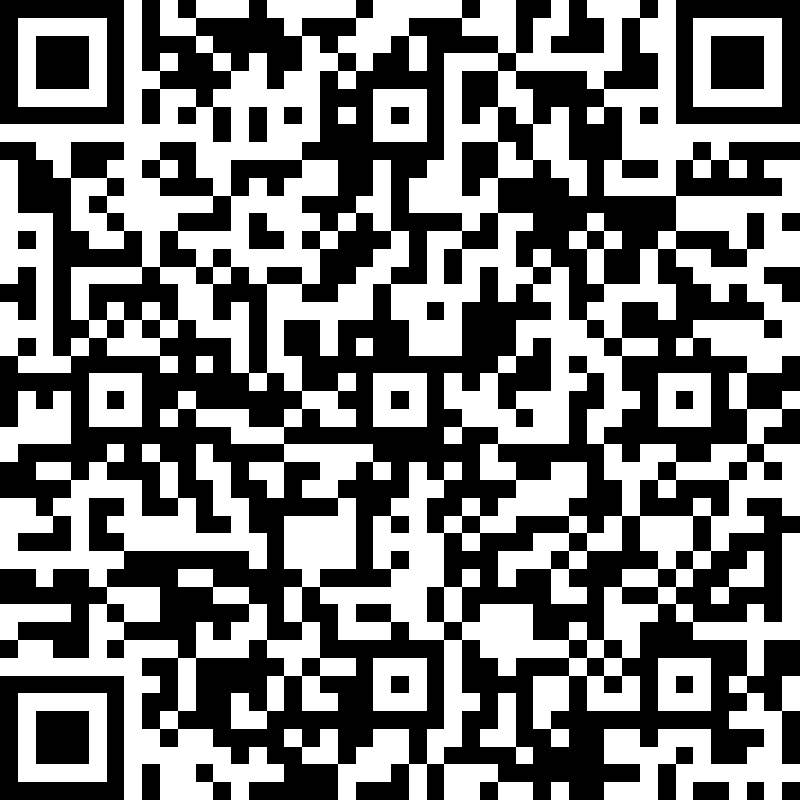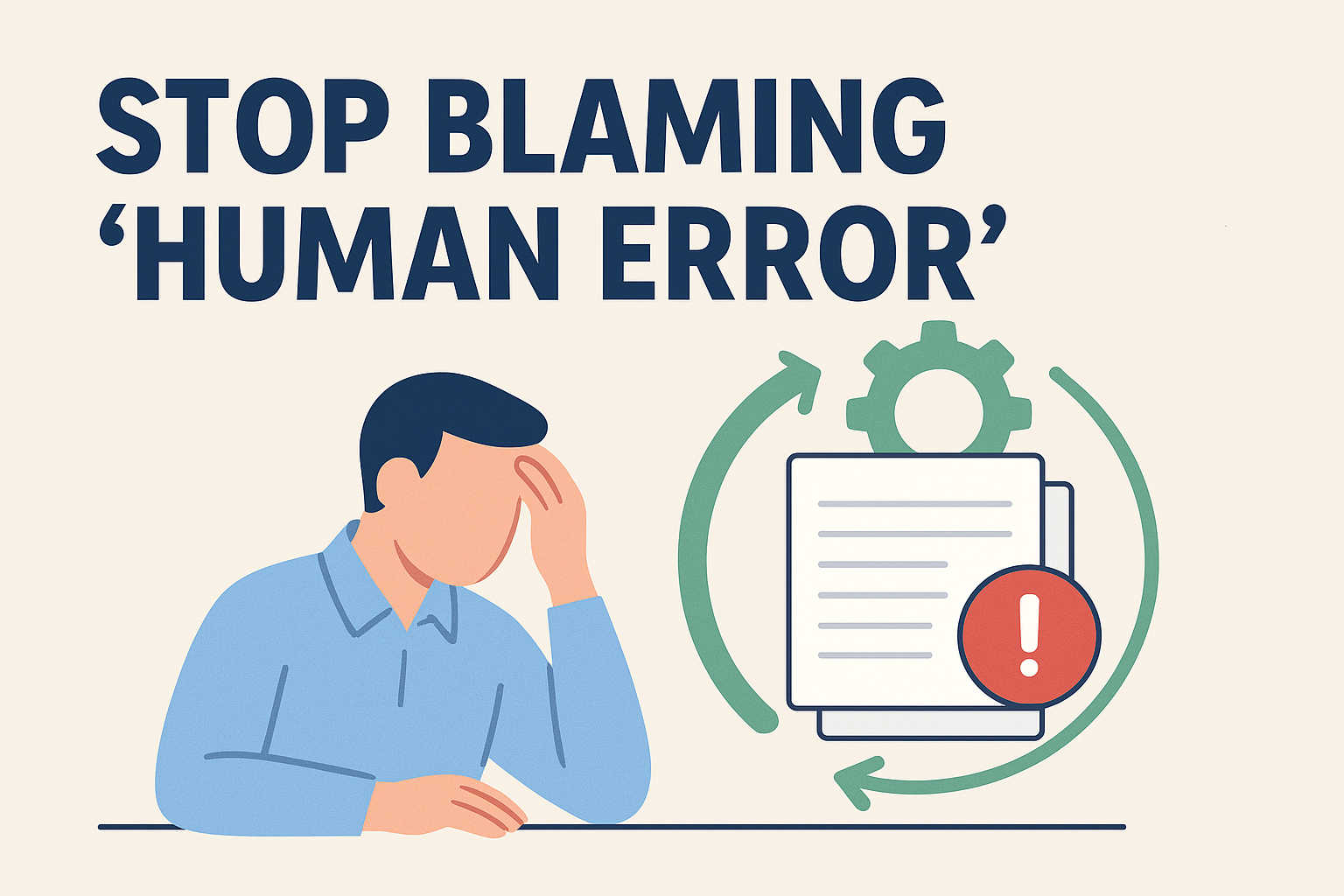Mohamad-Ali Salloum is a Pharmacist and science writer. He loves simplifying science to the general public and healthcare students through words and illustrations. When he's not working, you can usually find him in the gym, reading a book, or learning a new skill.
Handling Unexpected Questions During a Presentation
Share
Presentations are an essential part of professional communication, whether you’re pitching a project, sharing research findings, or delivering a training session. While preparing for a presentation, you might anticipate most questions that could arise. However, unexpected questions can catch you off guard. In this article, we’ll explore strategies to handle such situations gracefully and maintain your credibility.
1. Stay Calm and Composed
When faced with an unexpected question, resist the urge to panic. Take a deep breath, maintain eye contact, and remind yourself that it’s normal for questions to arise. Your composed demeanor will reassure the audience and convey confidence.
2. Acknowledge the Question
Begin by acknowledging the question. You might say, “Thank you for that insightful question,” or “I appreciate your curiosity.” This shows respect for the audience member and buys you a few seconds to gather your thoughts.
3. Repeat or Clarify the Question
Restate the question to ensure you understood it correctly. This also helps other audience members who might not have heard the question. For instance, “If I understand correctly, you’re asking about the impact of monoclonal antibodies on fertility?”
4. Bridge to Relevant Content
If the question is related to your presentation, smoothly transition to relevant content. For example:
- “That’s an interesting point. Let’s delve into the study results.”
- “I’m glad you asked. In the context of our research, we found…”
5. Be Honest About Uncertainty
If you don’t know the answer, admit it honestly. Avoid making up information. Instead, say:
- “I don’t have that specific data at the moment, but I’ll look into it.”
- “I appreciate your question. Let me verify the details and get back to you.”
6. Leverage Colleague Expertise
Sometimes, a colleague might be with you during the presentation and have relevant expertise. Encourage their input:
- “That’s an excellent question. Mark, please share with us your insights on this topic”
- “I’d love to hear your perspective on this.”
7. Redirect if Necessary
If the question is off-topic or derails your presentation, redirect gently:
- “While that’s an interesting point, let’s focus on our current discussion.”
- “I’d be happy to discuss that further after the presentation.”
8. Prepare in Advance
Anticipate potential questions during your preparation. Rehearse responses to common queries. Research the topic thoroughly to minimize surprises.
As a brief…
Handling unexpected questions during a presentation is a skill that improves with practice. Remember that no one expects you to have all the answers instantly. Stay calm, acknowledge the question, and respond thoughtfully. By doing so, you’ll enhance your credibility and maintain a positive impression with your audience.
List of Services
ABOUT THE AUTHOR
Mohamad-Ali Salloum, PharmD
Share
Recent articles:





















